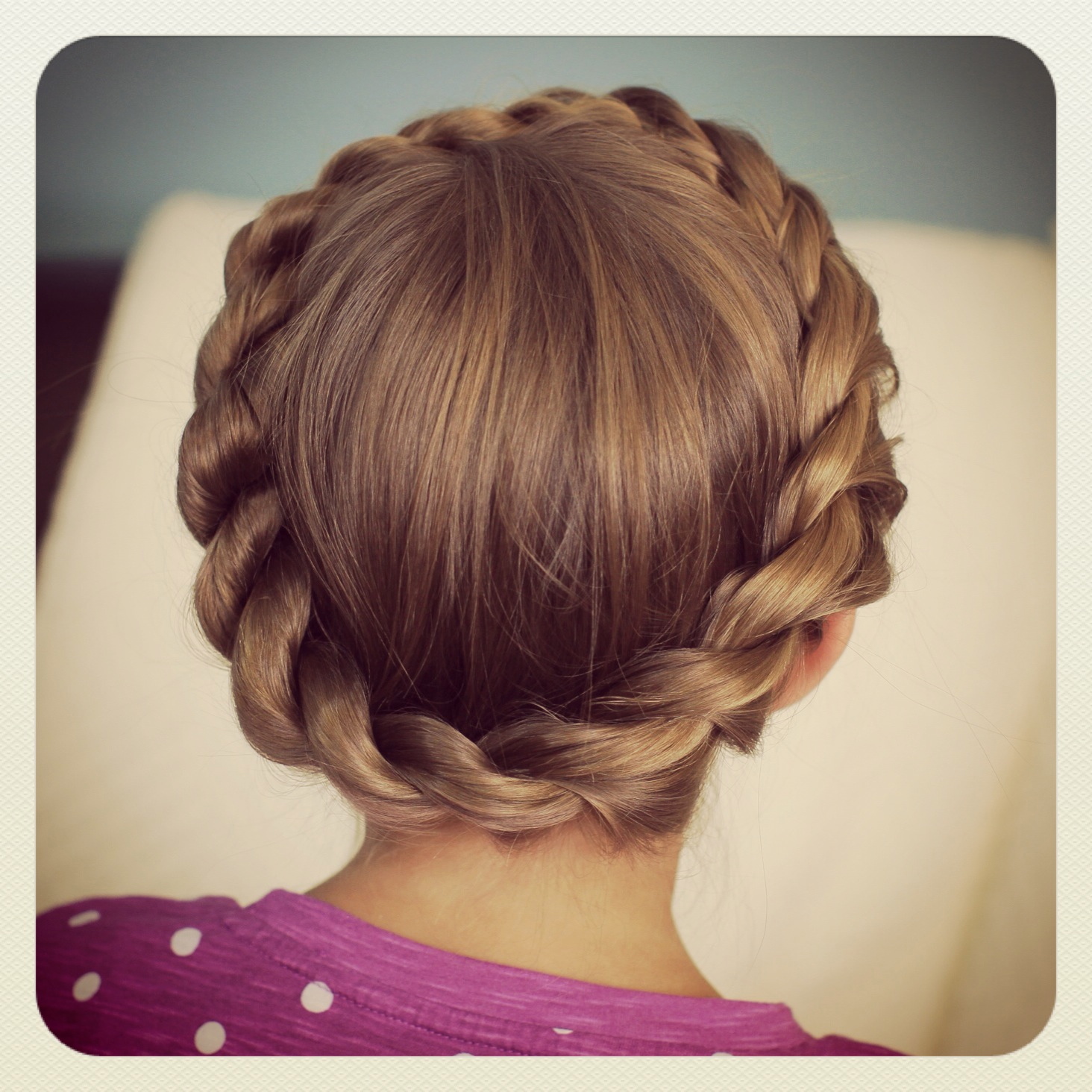Plaits and twists are timeless hairstyles that not only enhance one’s appearance but also showcase cultural significance and personal style. In today's fashion landscape, these intricate hairdos have transcended mere trends, becoming a staple for people of all ages and backgrounds. Whether you're preparing for a special occasion or looking for a practical everyday style, understanding the nuances of plaits and twists can empower you to express your individuality.
In this article, we delve deep into the fascinating world of plaits and twists, exploring their history, techniques, variations, and maintenance tips. By the end of this comprehensive guide, you will be equipped with the knowledge and skills to create stunning braided hairstyles that suit any occasion.
So, let’s embark on this journey to discover the beauty and versatility of plaits and twists!
Table of Contents
- The History of Plaits and Twists
- Types of Plaits and Twists
- Techniques for Creating Plaits and Twists
- Essential Tools for Braiding
- Maintenance Tips for Plaits and Twists
- When to Wear Plaits and Twists
- Current Trends in Braided Hairstyles
- Conclusion
The History of Plaits and Twists
The art of braiding hair has a rich history that dates back thousands of years. Across various cultures, plaits and twists have served as more than just hairstyles; they have been symbols of identity, status, and tradition. In ancient Egypt, both men and women adorned their hair with intricate braids, often embellished with beads and gold threads, reflecting their societal rank and wealth.
Similarly, in Africa, different styles of braids have significant cultural meanings, often indicating the wearer’s age, marital status, and even tribe. The intricate patterns of cornrows and box braids tell stories passed down through generations. Today, these traditional styles continue to be celebrated and embraced globally, signifying a blend of cultural heritage and modern fashion.
Types of Plaits and Twists
Plaits and twists come in numerous styles, each with its unique flair. Here are some popular types:
- 3-Strand Braid: The classic braid consisting of three sections woven together.
- Fishtail Braid: A more intricate style that resembles the tail of a fish, created by taking small sections from each side.
- Box Braids: Individual plaits that are often done with the addition of synthetic hair for thickness.
- Cornrows: Braids that are closely woven to the scalp, typically in straight lines or intricate patterns.
- Twists: A style that involves twisting two sections of hair around each other, resulting in a spiral effect.
Understanding the Differences
While both plaits and twists are popular choices, they differ in technique and appearance. Plaits generally involve braiding three or more sections, while twists consist of two strands. Understanding these differences can help you choose the right style for your hair type and the occasion.
Techniques for Creating Plaits and Twists
Creating beautiful plaits and twists requires practice and patience. Here are some essential techniques to master:
- Sectioning: Divide your hair into even sections to ensure a uniform look.
- Tension: Maintain consistent tension while braiding to prevent loose sections.
- Practice: Repeatedly practice each technique with different hair types to build your skills.
Step-by-Step Guide to a Basic 3-Strand Braid
- Begin by sectioning the hair into three equal parts.
- Cross the right section over the middle section.
- Next, cross the left section over the new middle section.
- Continue alternating sections until you reach the end.
- Secure the braid with a hair tie.
Essential Tools for Braiding
Having the right tools can make the braiding process easier and more enjoyable. Here are some essentials:
- Hairbrush or Comb: To detangle your hair before starting.
- Hair Ties: To secure your braids.
- Hair Clips: To hold sections of hair while you braid.
- Moisturizing Products: To keep your hair hydrated and manageable.
Maintenance Tips for Plaits and Twists
Proper maintenance of plaits and twists is crucial for longevity and health. Here are some tips:
- Keep your scalp moisturized to prevent dryness.
- Avoid tight hairstyles to prevent tension and breakage.
- Wash your braids gently using a sulfate-free shampoo.
- Regularly apply leave-in conditioner to maintain moisture.
When to Wear Plaits and Twists
Plaits and twists are versatile hairstyles suitable for various occasions, including:
- Casual Outings: Perfect for everyday wear.
- Formal Events: Elegant styles for weddings and parties.
- Sports Activities: Keeps hair secure and out of the face.
- Vacations: Low-maintenance styles for travel.
Current Trends in Braided Hairstyles
The world of braiding is constantly evolving, with new trends emerging regularly. Some of the current popular trends include:
- Bohemian Braids: Loose, messy styles for a relaxed look.
- Accessorized Braids: Incorporating beads, ribbons, and hair cuffs.
- Half-Up Braid Styles: Combining braids with loose hair for a playful look.
Conclusion
In summary, plaits and twists are more than just hairstyles; they are a form of art that allows for self-expression and creativity. By understanding their history, techniques, and maintenance, you can confidently embrace these styles in your daily life. Explore the endless possibilities of braids and twists, and don’t hesitate to share your experiences with us!
We invite you to leave a comment below, share this article with friends, or check out more of our content for further insights into the world of hairstyles.
Thank You for Reading!
We hope you found this guide on plaits and twists informative and inspiring. Stay tuned for more beauty tips and trends, and feel free to visit us again for fresh content!
Article Recommendations


